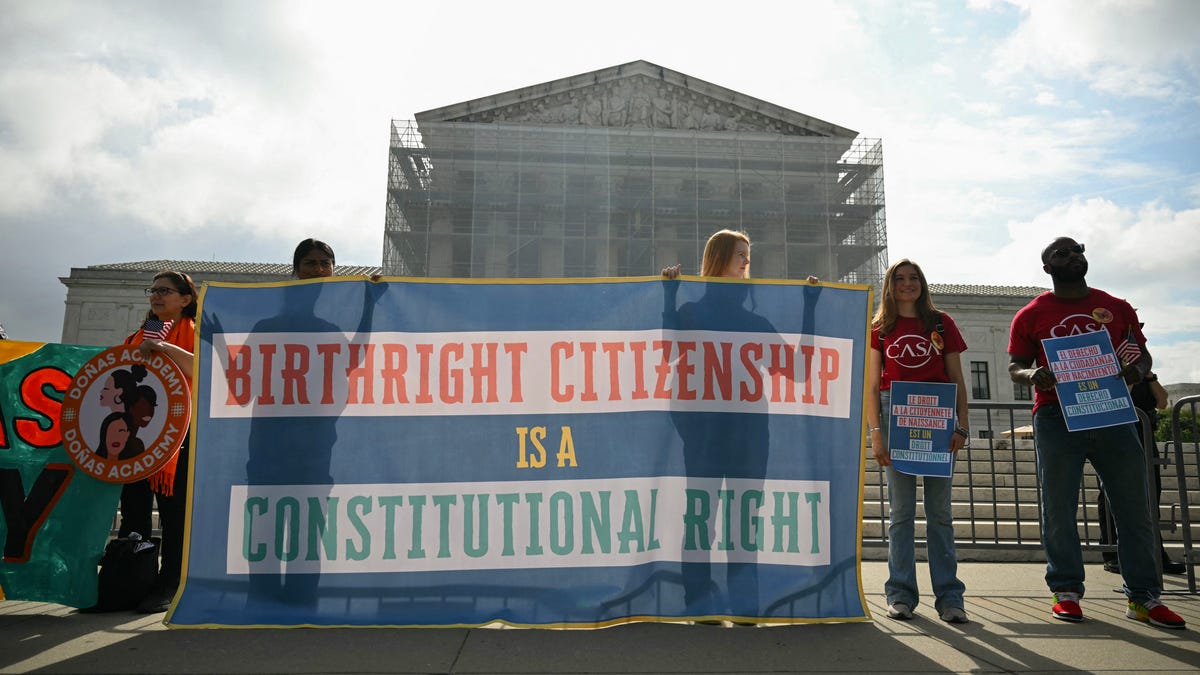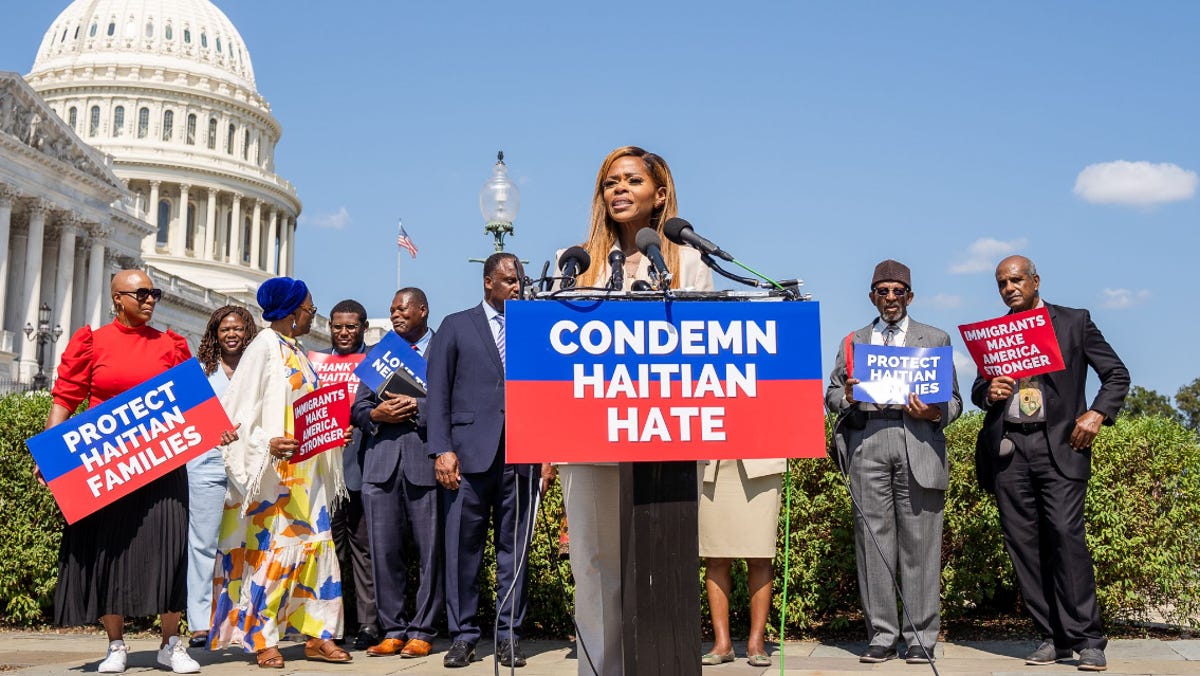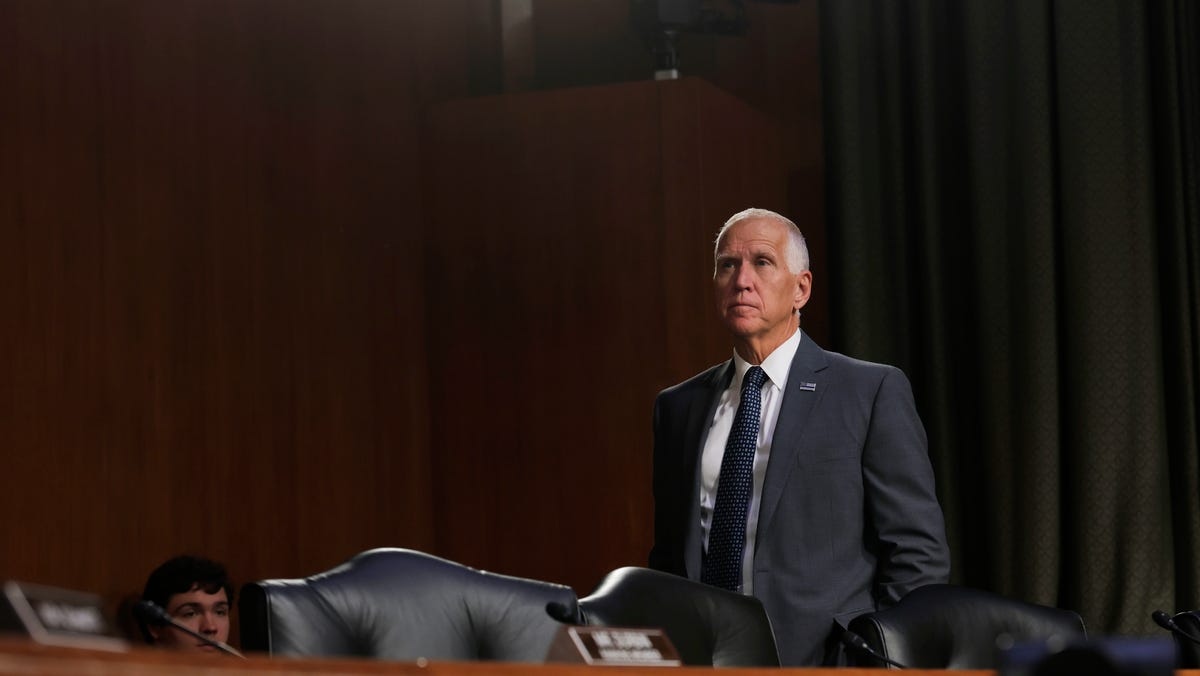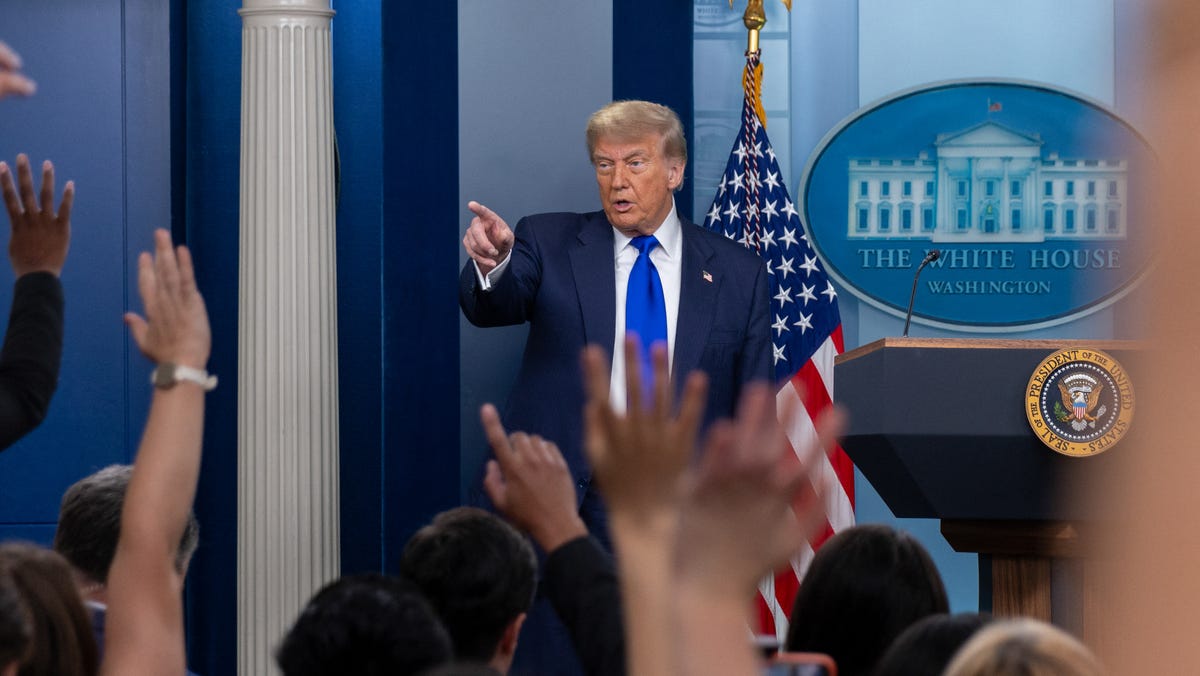A federal judge in California, for instance, shouldn’t be calling the shots for people in Florida, just as a federal judge in Florida shouldn’t be ruling for the people in California.
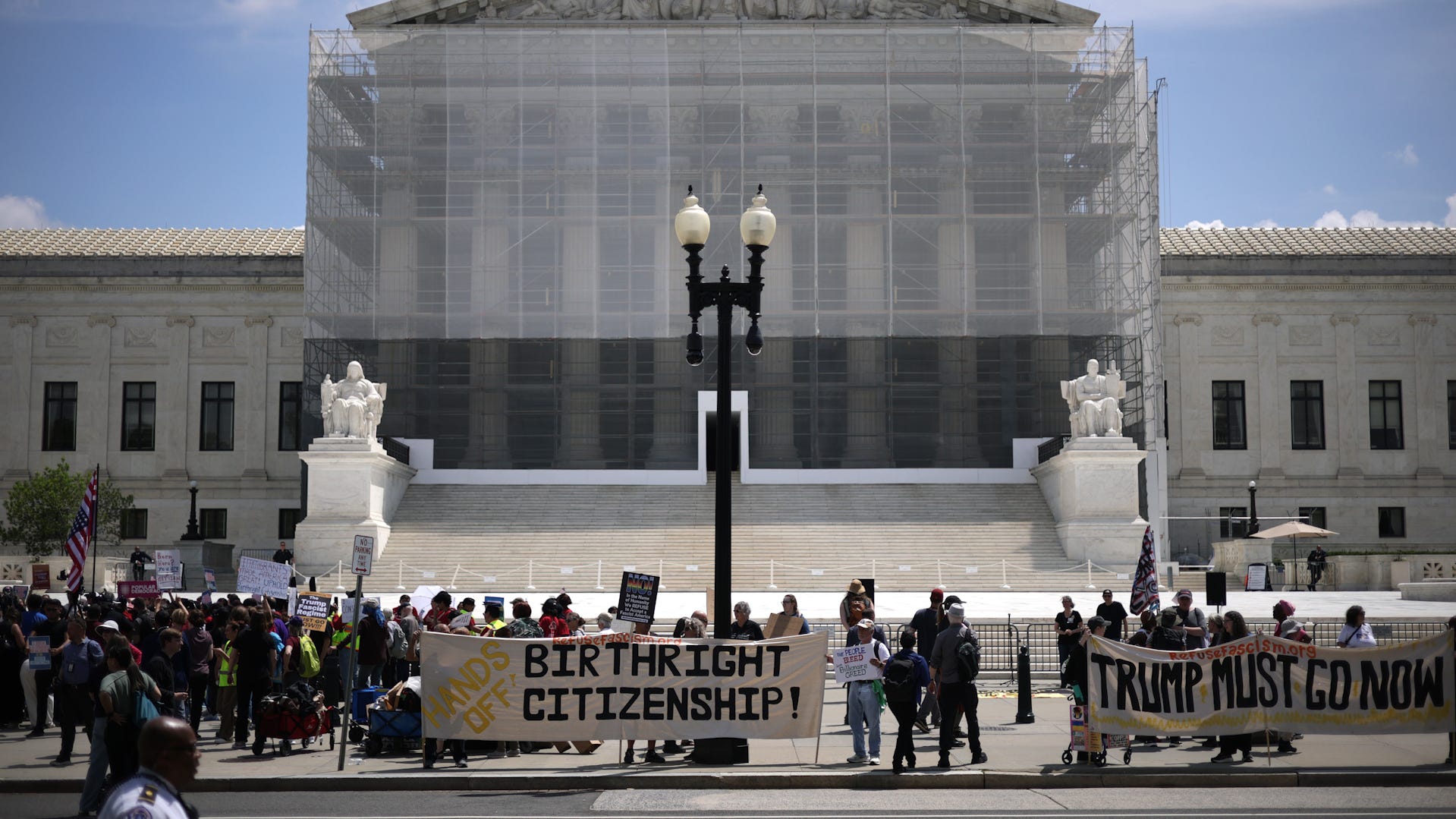
Supreme Court lifts blocks against Trump birthright citizenship order
A 6-3 Supreme Court decision lifts blocks against President Trump’s order to deny citizenship to babies of undocumented immigrants and visa holders.
The U.S. Supreme Court on June 27 handed President Donald Trump a victory – at least for now – in one of the most watched cases of the term.
The court, in a 6-3 decision written by Justice Amy Coney Barrett, sided with the Trump administration and found that district courts overstepped when universally blocking his executive order on birthright citizenship.
“Universal injunctions likely exceed the equitable authority that Congress has given to federal courts,” Barrett wrote for the conservative majority. “The Court grants the Government’s applications for a partial stay of the injunctions entered below, but only to the extent that the injunctions are broader than necessary to provide complete relief to each plaintiff with standing to sue.”
As expected, the court left the question of whether Trump’s order was constitutional to the lower courts. As Barrett noted in her opinion, the court wasn’t asked to take up that question, so it didn’t.
Trump can enforce his new vision of birthright citizenship
Trump started his second term by taking a hard swing at illegal immigration. It was, after all, one of the top reasons voters chose him.
On his first day in office, among the many executive orders he signed, was one titled, “Protecting the Meaning and Value of American Citizenship.”
As that order states, “The privilege of United States citizenship is a priceless and profound gift.”
It is indeed. But who is entitled to it?
At question is the 14th Amendment’s citizenship clause, which states: “All persons born or naturalized in the United States, and subject to the jurisdiction thereof, are citizens of the United States and of the State wherein they reside.”
The Trump administration argued that not everyone born in the U.S. deserves automatic citizenship – including babies born to illegal immigrants or to immigrants here temporarily.
Within days, however, that order was halted nationwide by a federal judge. Others joined in. And the Trump administration asked the Supreme Court for relief.
It’s that question – whether individual judges around the country should have the authority to block presidential decrees nationwide – that the Supreme Court decided.
It’s an important point: A federal judge in California, for instance, shouldn’t be calling the shots for people in Florida, just as a federal judge in Florida shouldn’t be ruling for the people in California.
Additional parameters on judicial power a welcome change
The more politically charged question related to whether Trump’s new interpretation of the 14th Amendment is constitutional will go back to the lower courts for them to iron out.
In the meantime, the justices halted a growing reliance among the judiciary to use the powerful universal injunction.
As John Sauer, Trump’s solicitor general, told the justices during oral arguments in May, it’s “extremely urgent” that the court put a stop to such broad pauses on presidential actions.
Trump has faced an unusually high number of these judicial roadblocks. For instance, a congressional report from earlier this year noted there were only 14 nationwide injunctions in the first three years of the Biden administration. Yet, in the first 100 days of Trump’s second term, he was slapped with 25 such injunctions.
Of course, these wide-reaching injunctions have grown in popularity as presidents have exerted more executive authority – acting unilaterally rather than going through Congress.
Yet, that doesn’t give lower courts a pass to act beyond their authority, the Supreme Court said.
“Federal courts do not exercise general oversight of the Executive Branch,” Barrett wrote. “They resolve cases and controversies consistent with the authority Congress has given them. When a court concludes that the Executive Branch has acted unlawfully, the answer is not for the court to exceed its power, too.”
This decision is a smart balance between allowing a president leeway to enact his agenda while preserving the judiciary’s important role to check executive power.
Ingrid Jacques is a columnist at USA TODAY. Contact her at ijacques@usatoday.com or on X, formerly Twitter: @Ingrid_Jacques






